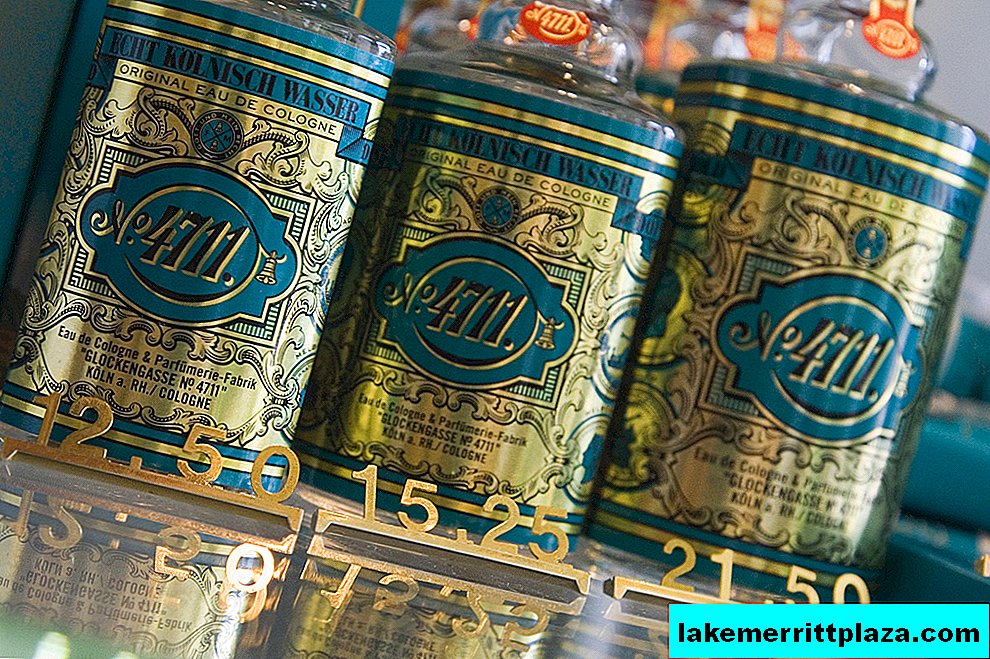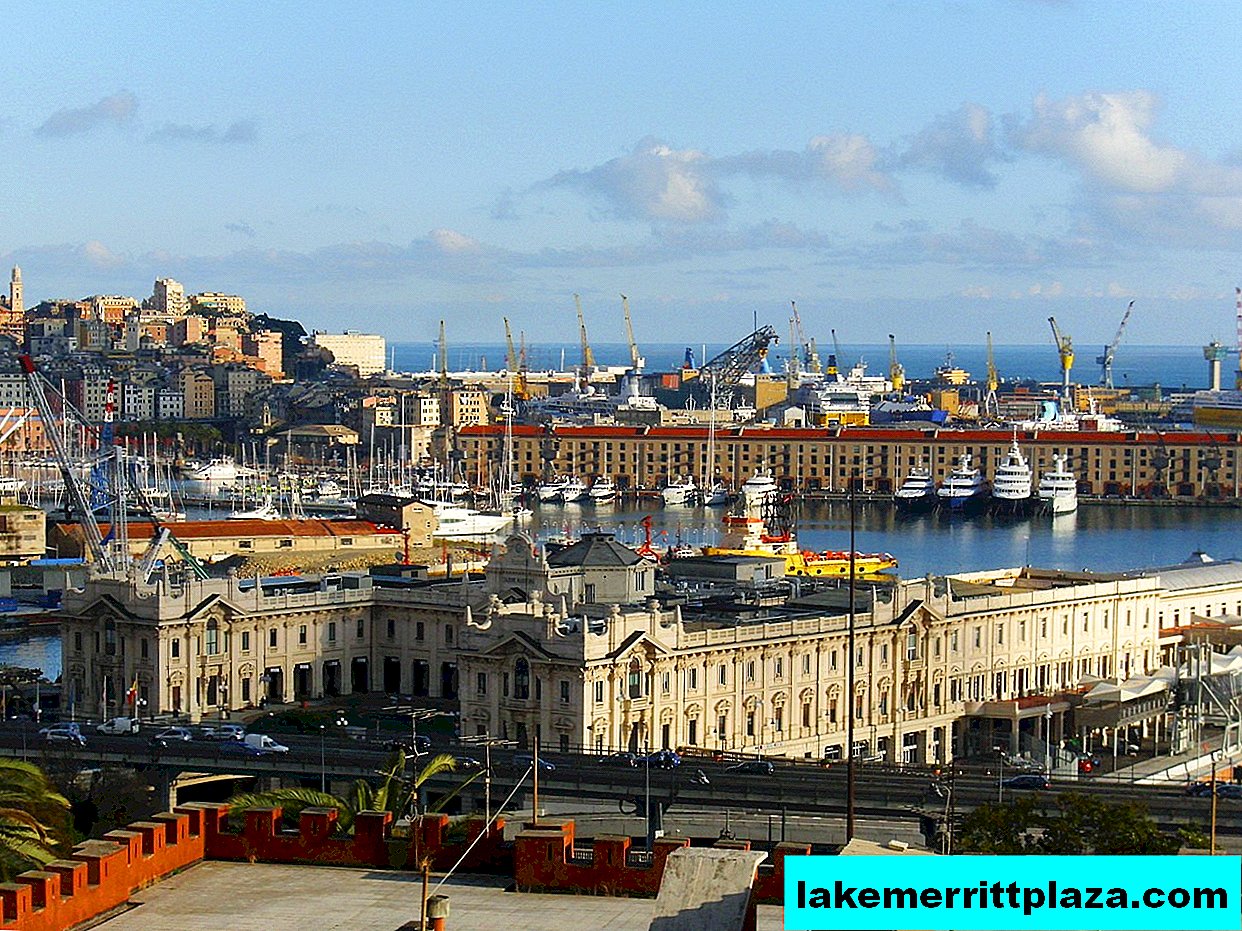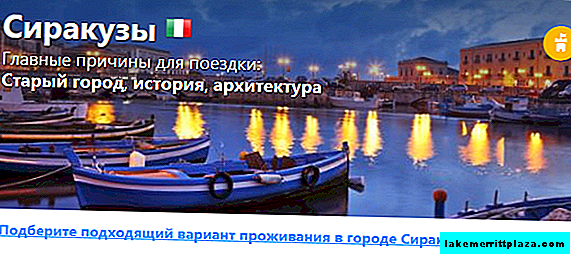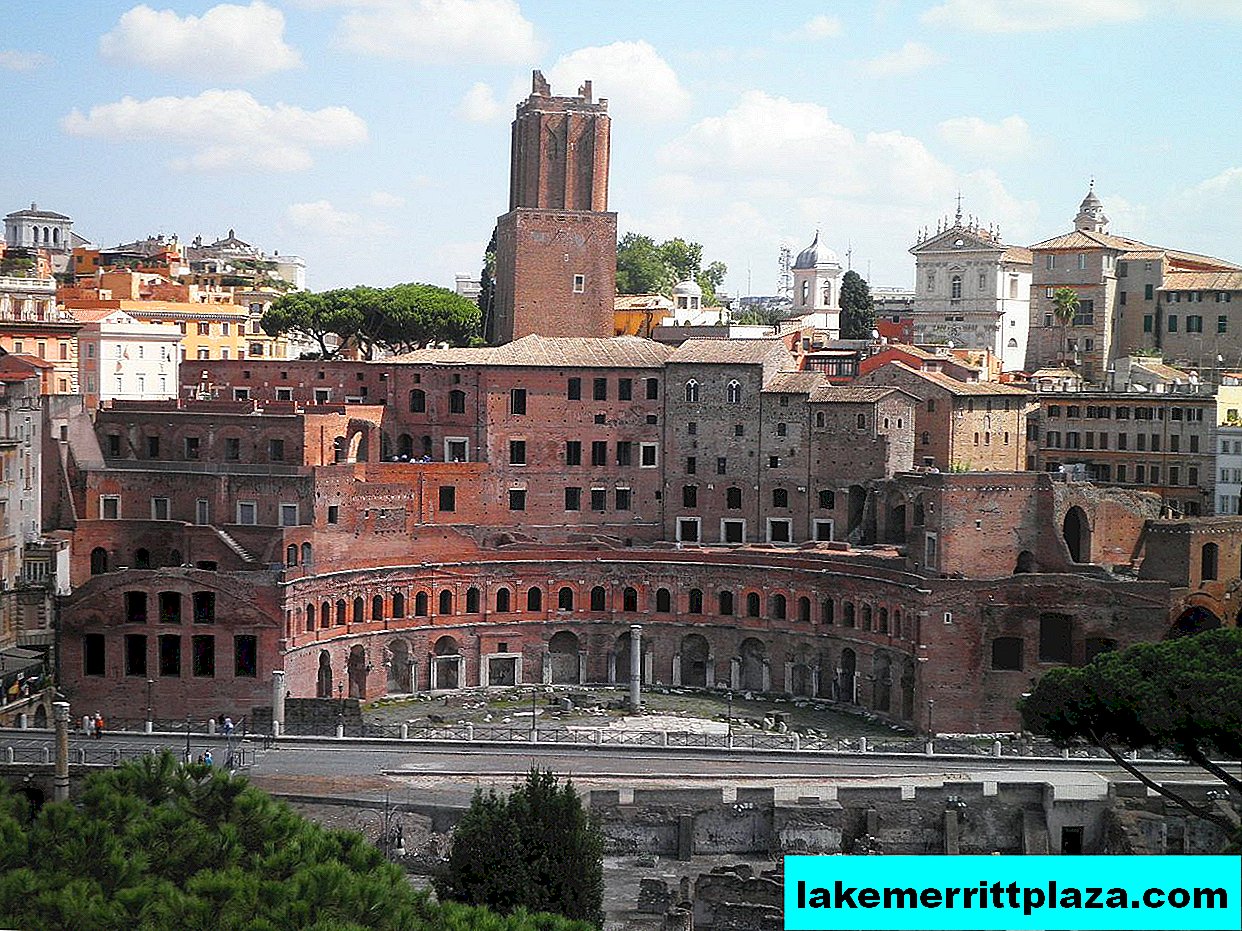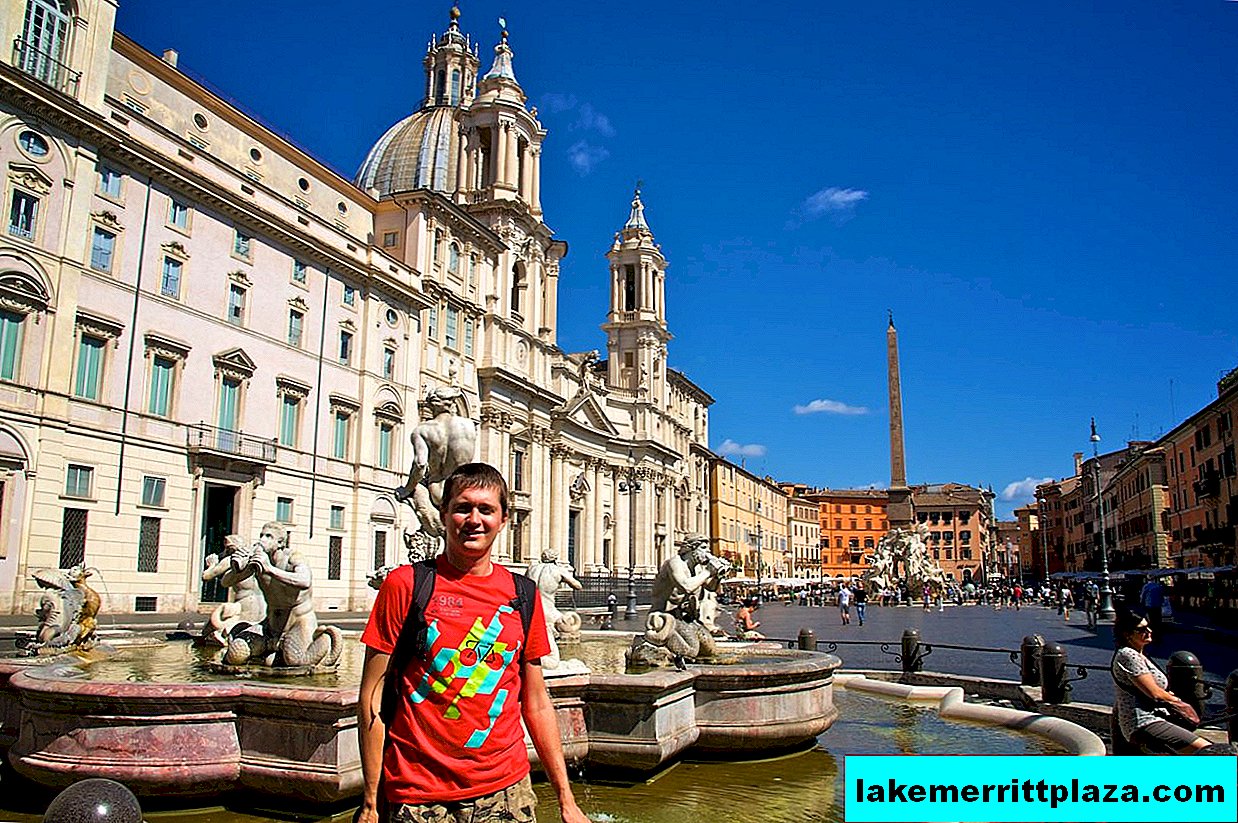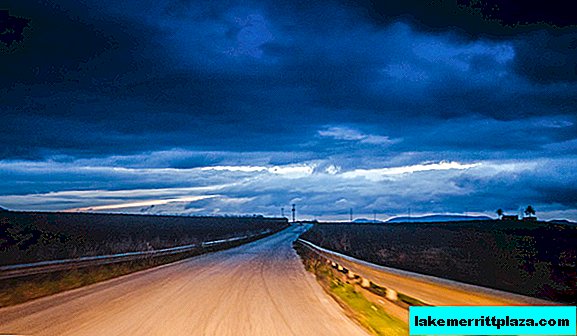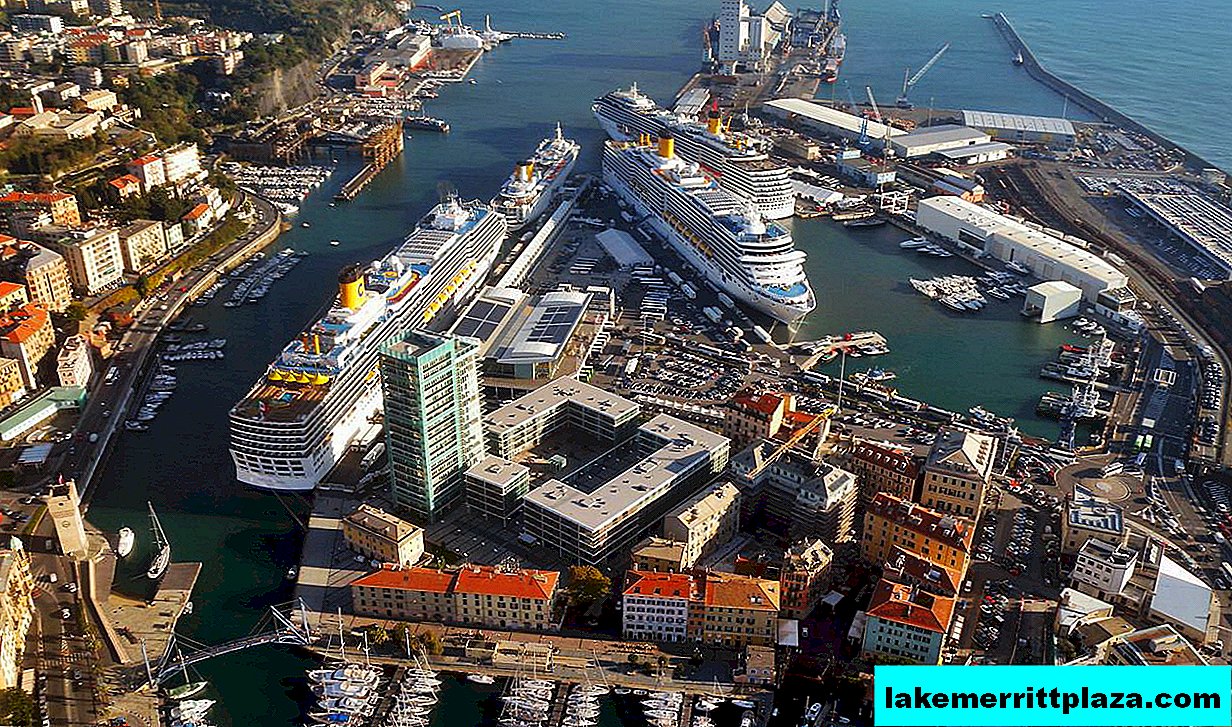Germany is famous for its breweries. Everyone has heard about the German culture of beer consumption and the famous Oktoberfest. And what do we know about beergartens?
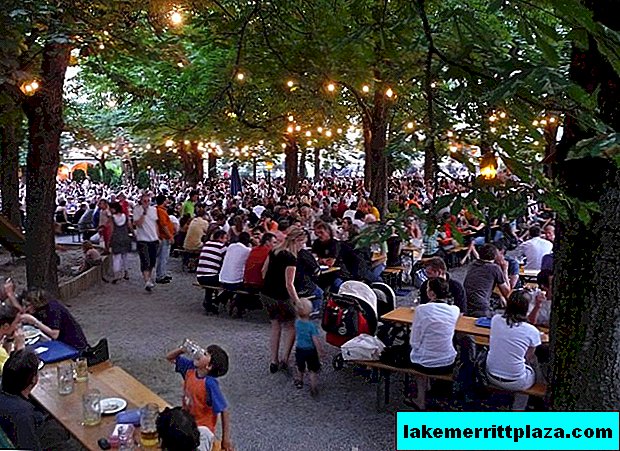
Germany is famous for its breweries. Everyone has heard about the German culture of beer consumption and the famous Oktoberfest (beer festival). And what do we know about beergartens?
Biergarten - literally translated from German means: "beer garden". The homeland of these institutions is Bavaria. Traditional Bavarian Biergartens already 200 years!
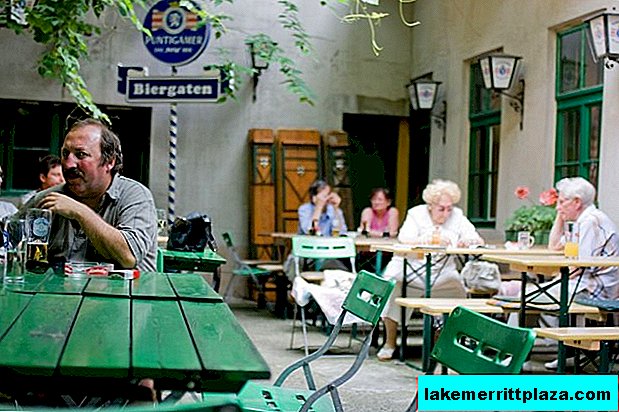
In the XVIII century, along with the growth of the population of Munich, beer consumption also increased. Breweries in those years were not allowed to work in the summer (the prohibition law of 1539 was in force) - the authorities were afraid of fires. To store beer in the summer heat was unthinkable - there were no refrigerators, and the stale Munich beer caused more and more discontent among the people.
The owners of the breweries built large cellars, where they kept barrels of drink all summer. Munich residents came to these cellars. There were no glass bottles, and the Munichers brought their large clay mugs to buy beer and take it home. Rarely did anyone manage to really get the drink home - the mugs emptied in place. This caused outrage among the owners of drinking establishments - breweries competed with them! A real revolution was brewing. The king had to intervene. Ludwig I - the king of Bavaria - issued a decree according to which the owners of the breweries had the right to sell the people a drink, but from snacks they could only offer bread.
The Germans are economical and quick-witted people. If you can’t buy food in the brewery, you can bring it with you! Spontaneous picnics began to arise right next to the beer cellars. To prevent the summer heat from spoiling the drink, alpine ice was brought into the cellars. Around the cellars shady paths were broken, chestnuts were planted - their wide leaves helped to keep cool. In the shade of the trees put tables and wooden benches for buyers. King Maximilian I, who himself was a great lover of beer, legalized these spontaneous establishments, officially authorizing the sale of the drink at the place of manufacture.
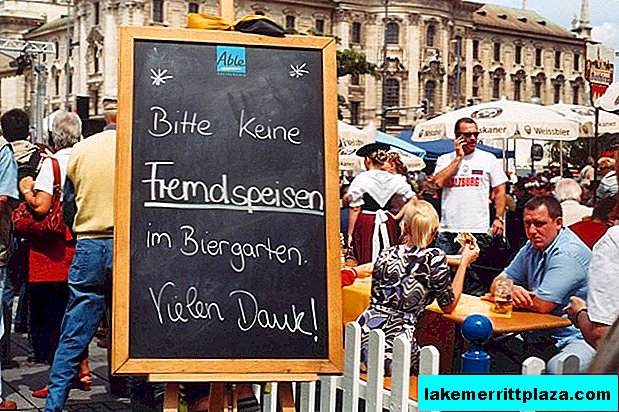
Two hundred years have passed. Beer gardens gradually spread throughout Germany. Only in Munich there are now more than a hundred. Biergarten Augustiner-Keller, which is located at Arnulfstrasse 52, was once founded by one of the first. It is considered to be the oldest institution to date. And in the beer garden at the Hofbräuhaus restaurant on the Platz square, V.I. Lenin and his wife, and this made the institution world famous.
The Germans love to visit the beer garden. People of all ages, any financial situation - from students to deep old people - are leading heated political debates here, marking important life events. Even important business meetings are held here. In Munich, the order of the old beer gardens is still alive - you can come to the institution with your own food. Waiters will not say a word if you put your snacks on the table. Bavaria is famous for respect for ancient traditions.
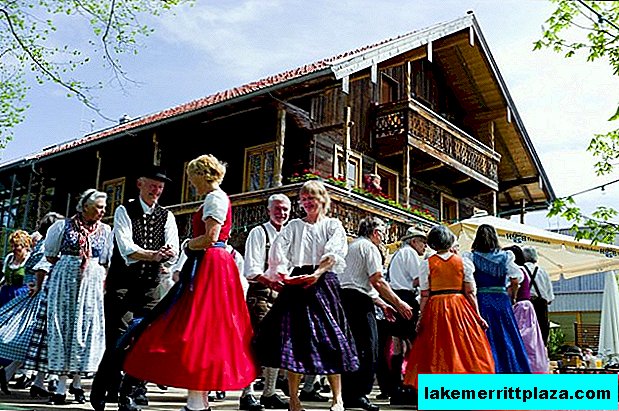
How do I save on hotels?
Everything is very simple - look not only at the booking. I prefer the search engine RoomGuru. He is looking for discounts at the same time on Booking and on 70 other booking sites.

